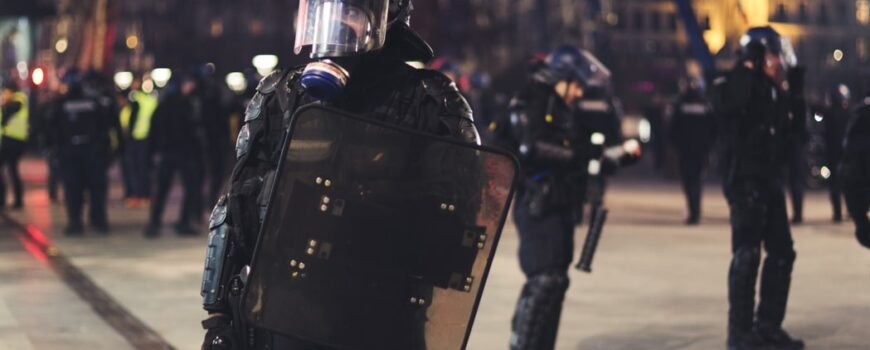L’General Inspectorate of the National Police was born from the fusion Come in L’IGS (Inspection Générale des Services) created in 1854, whose competence was limited to Paris intramuros, and L’IGPN from the body of general controllers and founded in 1884, which operated throughout the territory, outside of Paris. This merger was initiated by the former Minister of the Interior, Charles Pasqua and applicable from 1986. It will be reinforced in 2013 with the disappearance of the IGS name. The two services are then grouped under the same name: IGPN.
Attached to interior ministry and at the general direction of the national police, the IGPN exercises its control over all police services, training schools, the Paris police headquarters and the municipal police since 1999. She takes care of compliance with laws, regulations and you code of ethics for police officers and protected the police itself.

The General Inspectorate of the National Police (IGPN), with the aim of improve the functioning of the institution, carries out various missions:
– She makes inspections, studies and audits relating to the organization and functioning of the police services.
– She to analyse, propose and assess, the rules and practice professional relating to ethics and provides an advisory service.
– She carries a mission of consulting in management and D’organisation.
– She coordinates and coordinates the internal control and risk management system of the police services.
In order to carry out its mission, the IGPN has a division national surveys, eight delegations (Metz, Lille, Paris, Rennes, Lyon, Bordeaux, Marseille and Fort-de-France) as well as a office in Nice.
The judicial inquiries are conducted on instruction or on initiative, at the request of the judicial authority (Public Prosecutor or Investigating Judge). A note is sent to the examining magistrate who will be free to follow it or not. A police officer found guilty risks the same penalties as any other citizen.
The administrative inquiries are carried out on the instruction of the administrative authorities or on their own initiative if the facts also give rise to a judicial inquiry. If a request for a sanction (warning, reprimand, exclusion) is established against a police officer, his hierarchy is free to apply it or not.
A platform of IGPN report is accessible on the internet via an online form and is open to all victims or witnesses of behavior likely to implicate a National Police officer.

It is thus about collect reports, analyze them and draw all the consequences.
It also has a platform intended for all national police officers in order to prevent and fight against discriminations, the bullying and the violence sexual and sexist, and promote the diversity and professional equality within the national police.
She also plays a role of advice with the authorities. IGPN practices inspections, from audits and checks unexpected police services. It contributes to to improve their operation and the police safety by developing a risk management culture.
Become an IGPN Police Officer
To integrate the General Inspectorate of the National Police In order asinvestigator, we must respond to calls for candidates disseminated internally of the national police. A good and long experience within the judicial police is strongly recommended.
Whether you are part of the CEA (Supervisory and Application Corps) as a peacekeeper or sergeant, or even the Command Corps (CC) as an officer of the national police or even of the CDD more commonly known as the Design and Direction Body as a police commissioner you will not be offered the same positions.
Each file is studied by the members of the IGPN. To target new recruits more precisely, additional interviews are organized to assess the skills and motivations of each police officer.

